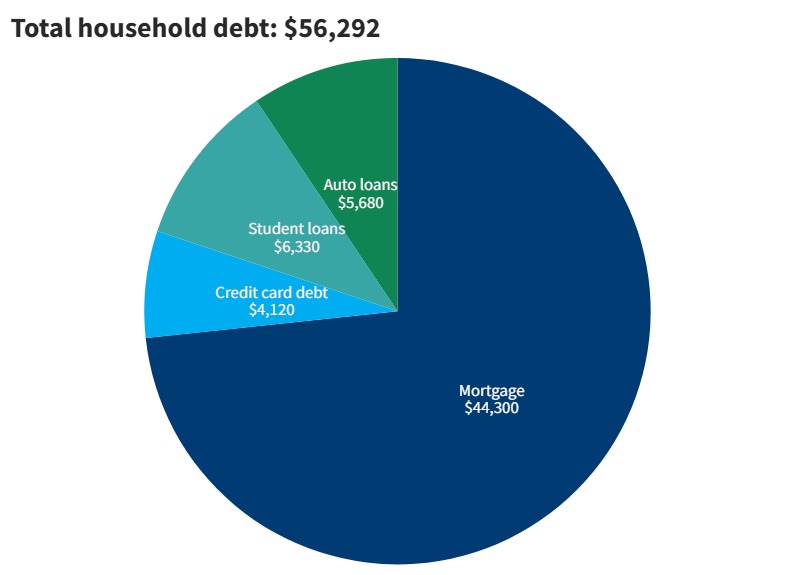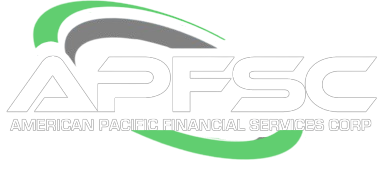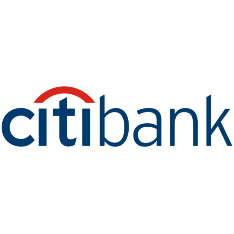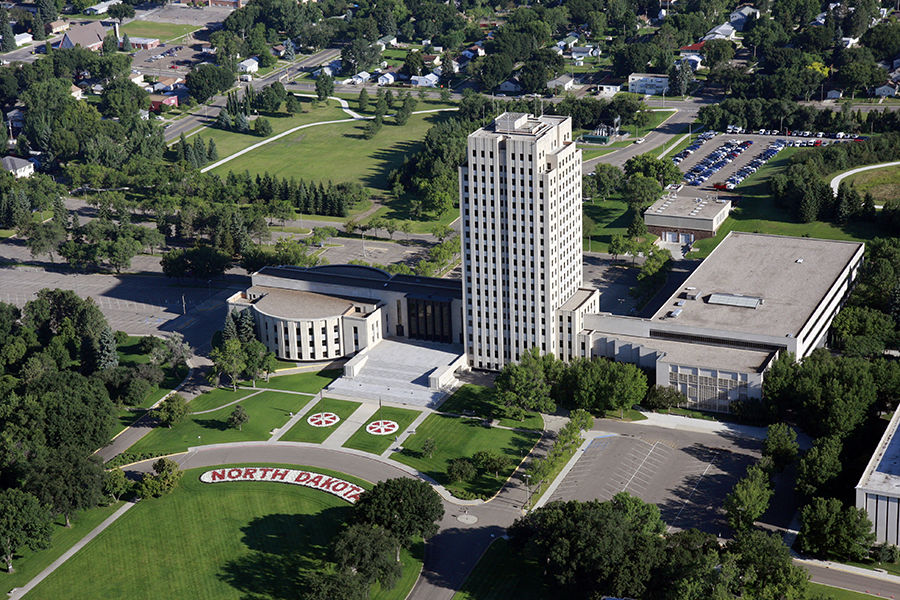Debt Relief Programs
If you’re living with debt in Delaware, you’re not alone. From Wilmington to Dover, Newark to smaller coastal towns, thousands of Delawareans are feeling the pressure of credit card debt, student loans, and rising living costs. At APFSC, we offer reliable, non-profit debt relief and credit counseling services to help you simplify your payments, lower your interest, and take the first step toward financial peace of mind.
The Growing Debt Problem in Delaware
The Debt Picture in Delaware
Delaware’s compact size doesn’t shield it from nationwide financial challenges. With a growing population and higher-than-average housing and healthcare costs, many residents turn to credit cards or personal loans to manage their monthly obligations. The average credit card debt per borrower in Delaware is over $6,000, while the average student loan debt is nearly $39,000. About 13.3% of Delaware residents are actively repaying student loans.
When debt starts to build, minimum payments barely make a dent—and the stress can feel overwhelming. But with a strategic plan and the right support, you can take back control. That’s where APFSC comes in.

How APFSC Supports Delaware Residents
We start with a free, no-obligation consultation where a certified counselor evaluates your full financial picture. If you’re a good fit, we’ll develop a personalized Debt Management Plan (DMP) that consolidates your unsecured debts into one predictable monthly payment—usually with reduced interest and waived fees.
Here’s what our DMP can do for you:
- Combine multiple debts into one affordable monthly payment
- Lower your interest rates through creditor negotiation
- Stop late fees and harassing phone calls
- Help you become debt-free in 3 to 5 years
- Provide budgeting tools and financial education to stay on track
This is not a loan—it’s a smarter, safer way to repay what you owe on terms you can handle.
Why Delawareans Fall Into Debt
- High cost of living in metro areas like Wilmington
- Out-of-pocket medical expenses
- Credit card reliance for rent, groceries, and car payments
- Student loan repayment challenges
- Lack of emergency savings or financial planning resources
How a Debt Management Plan Works
A Debt Management Plan is a structured repayment option that helps you pay off unsecured debts—such as credit cards, medical bills, or personal loans—without borrowing more money. After enrollment, you’ll make one monthly payment to APFSC, and we’ll distribute it to your creditors.
What makes it work:
- Lower interest rates from major creditors
- No more juggling due dates and multiple payments
- Consistent progress toward becoming debt-free
- Support from financial counselors to keep you on track
- Potential improvement in your credit score over time
This program is ideal if you’re committed to paying off your debt but need help simplifying and accelerating the process.
Talk to a HUD-certified housing counselor to get help with the housing challenges you’re facing.
Know Your Rights in Delaware
Delaware residents are protected by the Fair Debt Collection Practices Act (FDCPA), which prohibits harassing or deceptive collection practices. The state also enforces a statute of limitations—generally three years for most unsecured debts—which limits how long creditors can sue for repayment.
If you’re receiving calls from debt collectors or facing legal threats, APFSC can help you understand your rights and explore options that protect your income and peace of mind.
Delaware Debt Statistics
Why Choose APFSC?
As a non-profit organization, APFSC is focused on helping you—not profiting from your situation. We offer judgment-free support, transparent options, and actionable steps to help you get back on track.
When you contact us, you’ll speak with a certified counselor who understands the financial challenges unique to Delaware. You’ll receive a personalized action plan based on your income, debt, and long-term goals. There’s no obligation, and your first session is completely free.
Talk to a HUD-certified housing counselor to get help with the housing challenges you’re facing.
FAQ
Will a Debt Management Plan hurt my credit score?
Initially, it might dip slightly, but most clients see improvement over time as they make consistent on-time payments.
How long does the program take?
Most people complete their plan in 3 to 5 years, depending on how much they owe.
Can I still use my credit cards?
Once enrolled in a DMP, those accounts are typically closed to help you stay on track.
Is my information kept confidential?
Yes. All consultations and services are private and secure.
Consolidated Credit Helps Delaware Residents Reduce Their Total Credit Card Payments by Up to 50%
Case Studies
Kenneth from Delaware
“What a relief to see my debt going down and not just interest piling up.”
Before enrolling in a debt relief program:
- Total unsecured debt: $17,028.95
- Estimated interest charges: $20,637.68
- Time to payoff: 22 years, 10 months
After enrolling in a debt management program:
- Monthly payment reduced from $412.96 to $312.85
- Total interest charges: $1,741.82
- Time to payoff: 5 years
17 years, 10 months
Time Saved
$312.85
Monthly Savings
$18,895.86
Interest Saved
Charles from Delaware
“From day one, they were transparent and supportive. Highly recommend!”
Before enrolling in a debt relief program:
- Total unsecured debt: $16,899.26
- Estimated interest charges: $20,475.59
- Time to payoff: 22 years, 10 months
After enrolling in a debt management program:
- Monthly payment reduced from $409.81 to $310.46
- Total interest charges: $1,728.55
- Time to payoff: 5 years
17 years, 10 months
Time Saved
$310.46
Monthly Savings
$18,747.04
Interest Saved















































